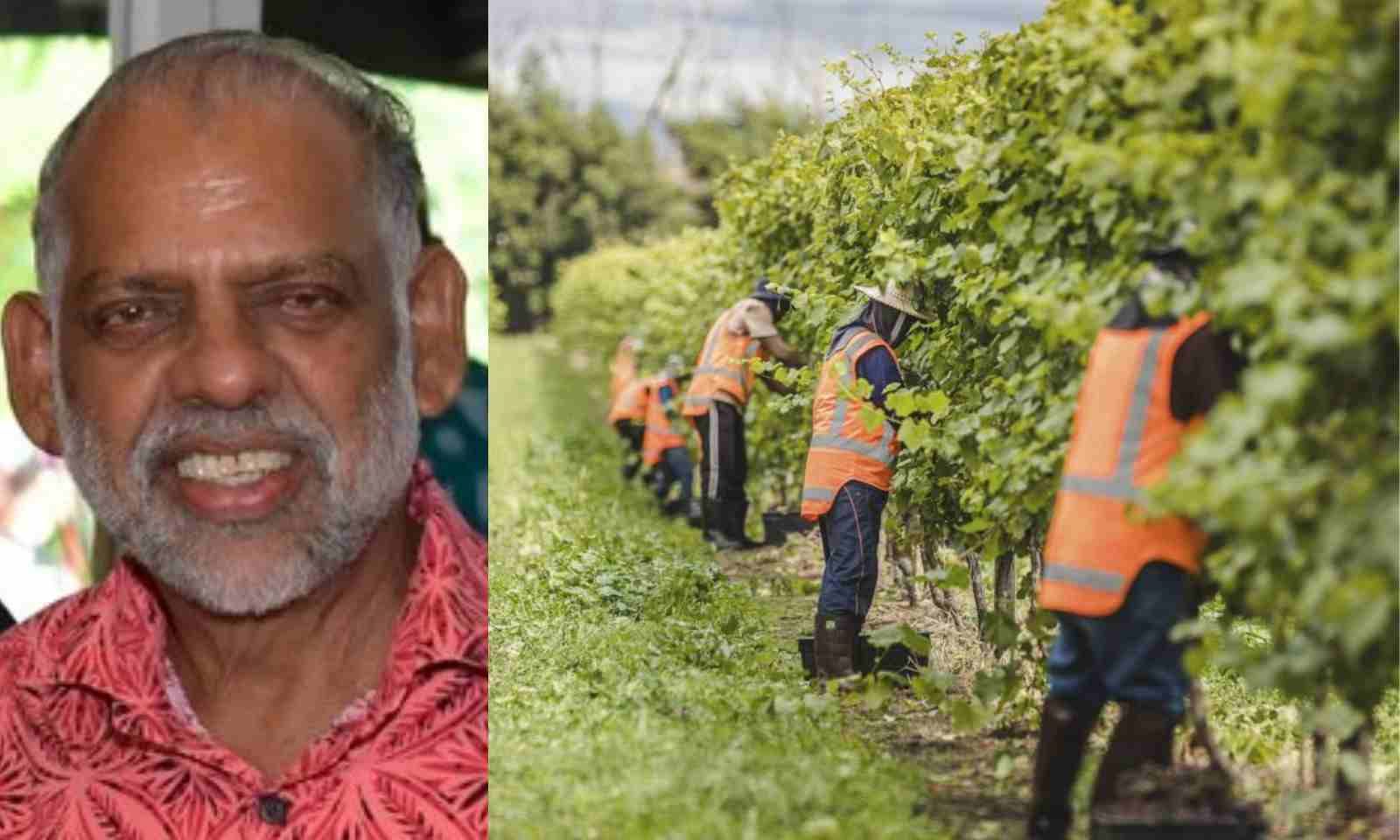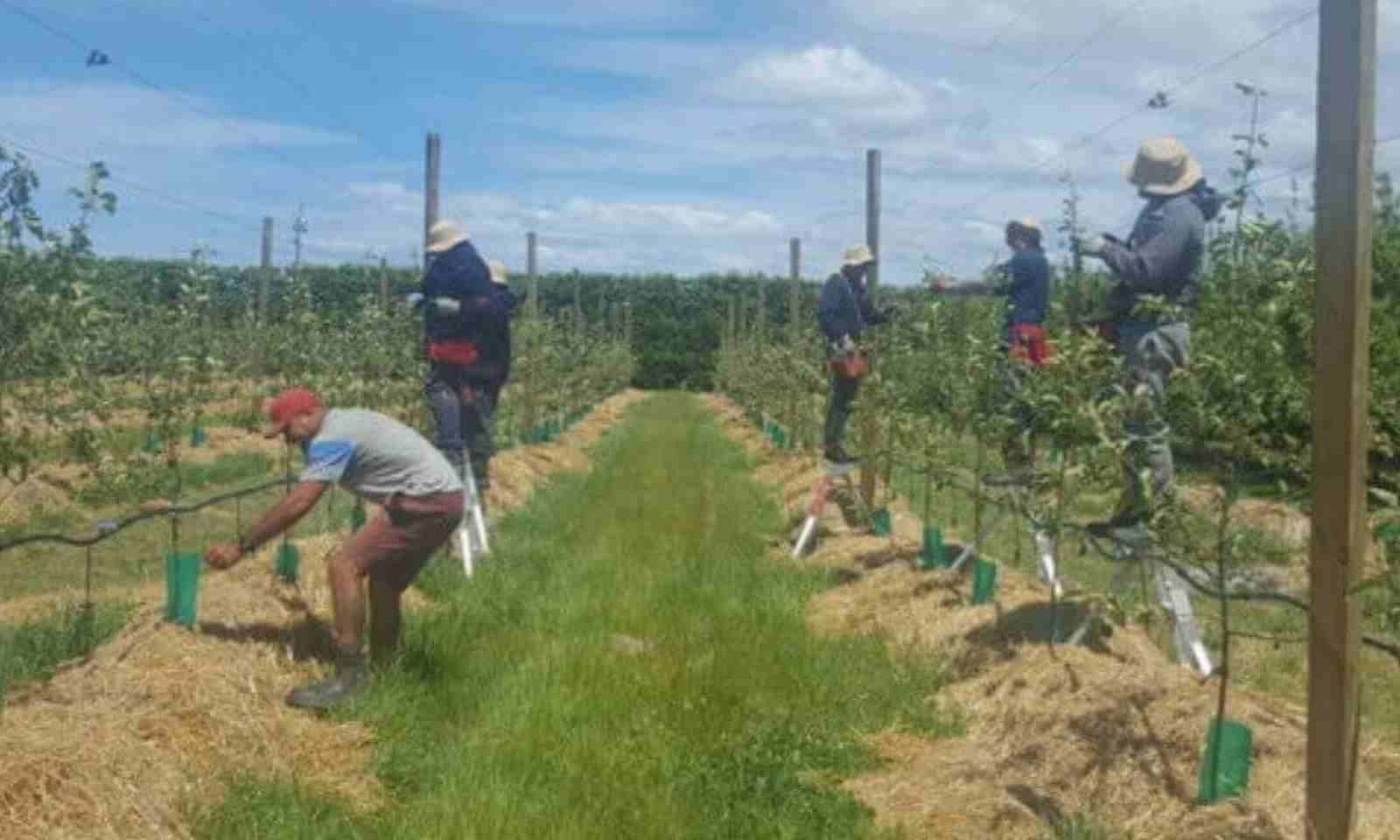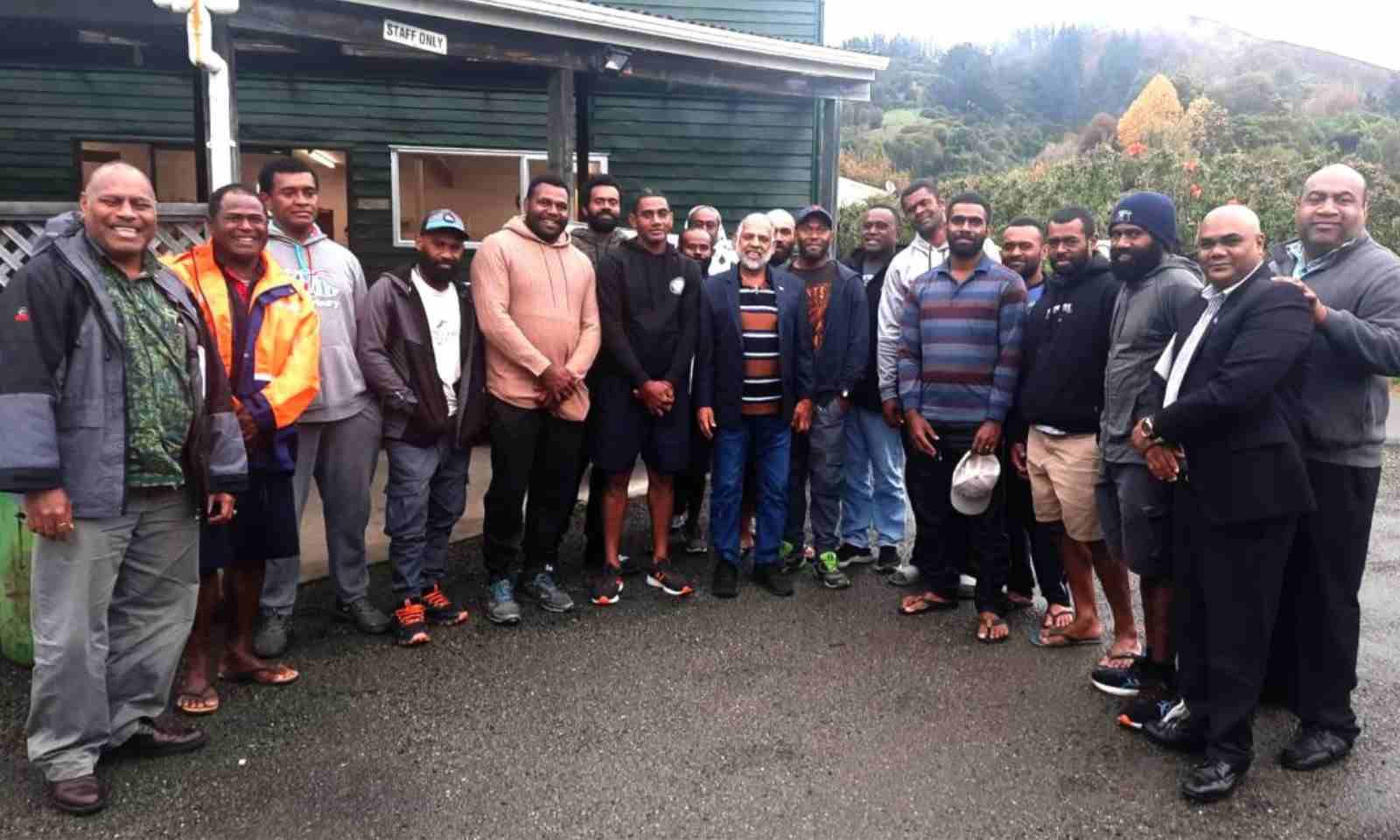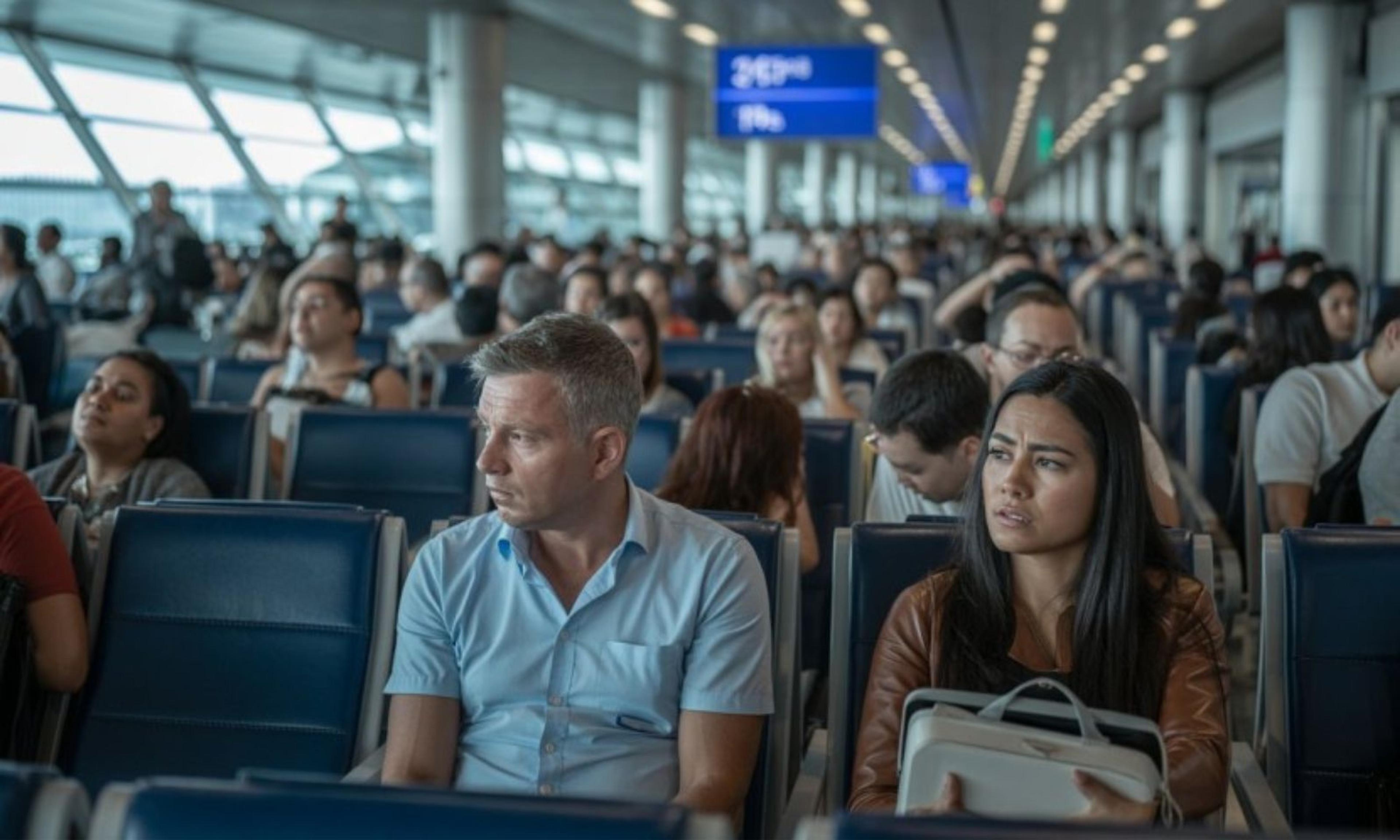

Photo/supplied
RSE Scheme: Pacific children left behind and vulnerable
Fiji's government says it is concerned at the impacts New Zealand and Australia's labour migration schemes are having on seasonal workers' children.
Every year, thousands of Pacific families arrive in New Zealand to work under the Recognised Seasonal Employer or RSE Scheme for up to nine months.
Migration in the Pacific is embedded in the extended family context, and the decision by these families to send a worker here is linked to their needs and aspirations, the experts say.
New Zealand and Australia have been facing critical labour shortages in some sectors and this is the reason the RSE Scheme was established in Aotearoa in 2007.
About 20,000 Pacific labourers are employed across the horticulture and viticulture sectors.
But these workers' children are being left behind, and this has sparked concerns about child abuse.

Fiji's Employment Minister Agni Deo Singh says he wants a review of the RSE and PALM schemes. Photo/supplied
Fiji's government says while it welcomes the economic opportunity New Zealand and Australia's migrant work schemes present Pacific families, there exist challenges to children's welfare and protection.
Employment Minister Agni Deo Singh told Parliament recently that Fijian children, whose parents were away on these migrant work schemes in Aotearoa and Australia, "faced prolonged family separations, educational challenges, social isolation, emotional stress and lack of stability.
"The children left behind are at risk of being neglected and exploited due to economic pressures put on them under the care of single parents or guardians," Singh said.
"The absence of proper care and support exposes students to limited accessibility to education and health care. A small number of parents also get involved in extra-marital affairs and neglect their families back home.
"It is important that we address the issue to ensure that the benefits of labour mobility do not come at the expense of vulnerable children while emphasising the need for comprehensive social policies and support systems to protect children from abuse and neglect."
Pacific children left behind by their RSE parents was also a key issue at a regional forum in Vanuatu last month. It was revealed that many children were being raised by their grandparents because both parents were away.
Addressing the Protecting Children in the Context of Labour Mobility Conference, Vanuatu's Deputy Prime Minister Matai Seremaiah said many of these children no longer lived with their parents or primary caregivers.
Seremaiah warned that in some cases, it could heighten the risk of neglect, abuse and exploitation of the children.
Vanuatu is the largest supplier of labour to Australia and New Zealand, accounting for more than 35 per cent (over 16,500) of seasonal workers.
Vanuatu's Prime Minister Charlot Salwai visited Aotearoa this week and met with ni-Vanuatu RSE workers.
Watch Acting Chief Human Rights Commissioner, Saunoamaali'i Dr Karanina Sumeo share her views on the RSE Scheme on Pacific Mornings.
Singh suggested to parliament an expansion of the four-day pre-departure briefing to two weeks to include spouses and caregivers to focus on family welfare and communication.
Other suggestions included:
Review of the client registration forms to include information on children of workers under the care of parents left behind or guardians.
Review the recruitment and selection process to discourage the participation of both parents in the schemes.
Appointment and role of country liaison officers to support workers who have disengaged from their families back home.
Conduct financial literacy programmes to ensure that remittances are managed effectively and contribute to the well-being of the children.
Establish networks with the Ministry of Women, Children and Social Protection and the Legal Aid Commission to provide support for children whose parent/s were disengaged.
Encourage workers engaged under long-term contracts to visit their families and participate in the family accompaniment programme from August 2024.
A study on the impacts of children left behind in the Pacific will be released by the University of the South Pacific, Western Sydney University and the UN children's agency, UNICEF, later this month.
The Australian government says it has updated its Pacific Labour Mobility (PALM) Scheme. From early March 2024, workers on long-term placements - between one and four years - can bring their families with the agreement of their employer.

Photo/supplied
The pilot family reunification programme supports about 200 families to temporarily reside in Australia.
New Zealand has not looked at a similar pathway to residency like the Australians but the coalition government agrees its RSE scheme needs to expand.
Prime Minister Christopher Luxon has pledged to double the RSE intake, ACT's David Seymour wants the cap on workers lifted and NZ First wants more migrant workers recruited in sectors facing shortages.
But Singh said the Pacific island nations no longer want to be the "outposts" of the New Zealand and Australian migrant work schemes.
He said the RSE and PALM schemes only benefitted both countries and not the Pacific nations the workers were from.
Singh has been critical of the RSE and PALM schemes, saying the benefits of the programmes are not being felt in the Pacific.
He said Fiji paid to train its population, and then Australia and New Zealand took them for their labour schemes.
"In Fiji, we have a terrible shortage of professionals and tradespeople and our economies are affected, unfortunately, the receiving countries are not assisting us in any way."
Singh visited Fijian RSE workers in the Bay of Plenty region in May to hear about how they were faring. Not all was well with many of them, he said.
New Zealand's Ministry of Business, Innovation and Employment (MBIE) has been approached for comment.

Fiji's Employment Minister Agni Deo Singh, centre, and officials from other Fijian government departments, including the high commission in Wellington, visit their RSE workers in NZ in May. Photo/Fiji govt


